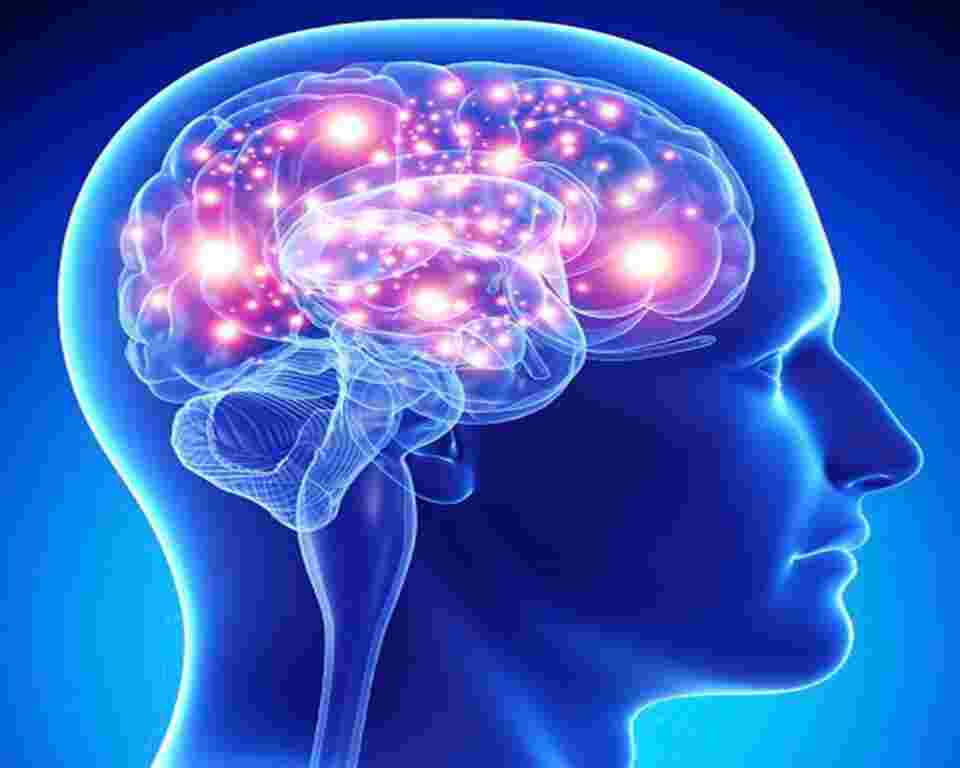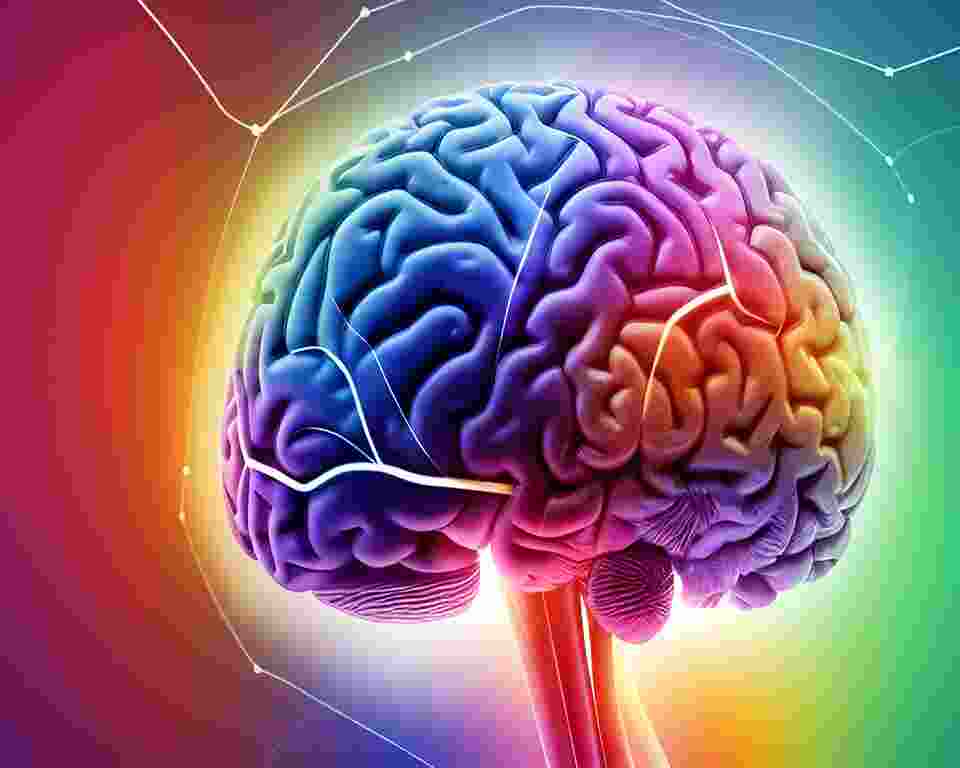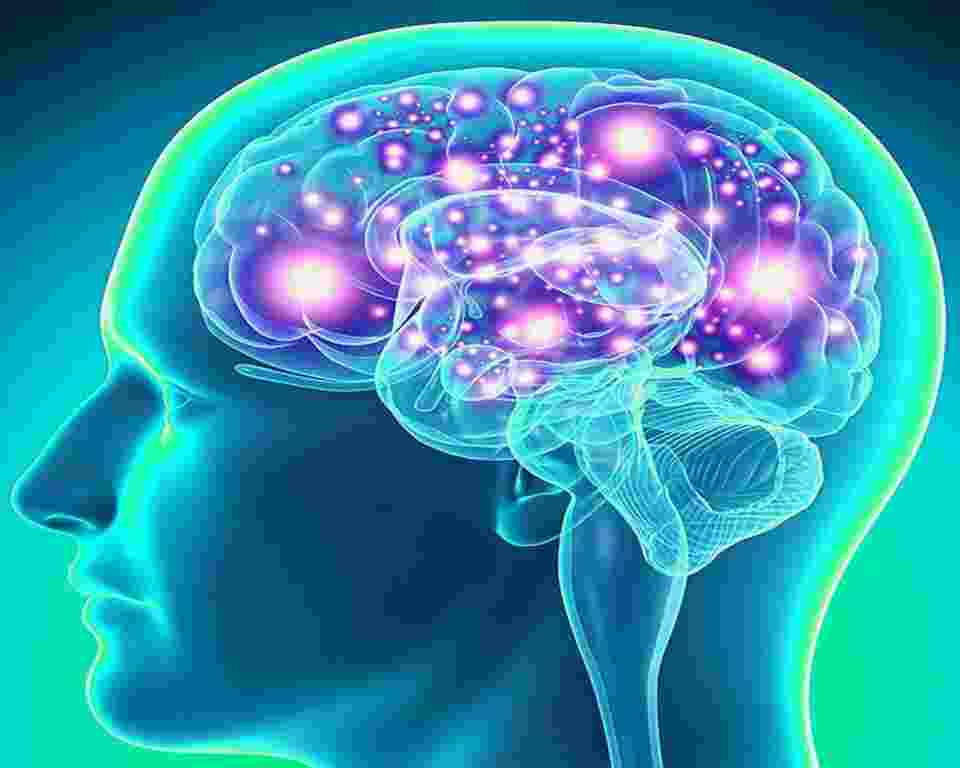
Table of Contents
ToggleIntroduction to ICD 10 Mild Cognitive Impairment (MCI)
ICD 10 Mild Cognitive Impairment (MCI) is a major transient stage that occurs between age-related cognitive decline and dementia of more serious deficits.
It’s seen as having distinctly sound effects on one’s reasoning and thought processes as these may decline significantly. Knowing what may be fundamental because it can be an early stage of other types of these diseases such as Alzheimer’s.
Timely detection remains a powerful tool when regulating symptoms and attempting to limit health deterioration.
Commit ICD 10 MILD COGNITIVE IMPAIRMENTCode into G31.84
This code indicates a diagnosis of mild cognitive impairment whose cause is unknown to certain origins. It is pivotal to subcategories such as mild cognitive disorder NOS (not otherwise specified) and mild neurocognitive disorder which is not for certain or its cause is unknown.
The code should be put into force on October 1, 2023, as of the fiscal year 2024. Note that this code is used for medical diagnosis purposes and to reimburse among others; therefore, the case is when you will need to consult with a health professional for more specific information.
Deeper Appreciation of ICD 10 MILD COGNITIVE IMPAIRMENT
MCI is a condition that can be described as a behind-the-scenes change in cognitive skills such as memory that does affect older than normal aging. But it fails to interfere with day-to-day life.
In medical practice, correct diagnosis and coding are considered first and foremost for the MCI to be treated and managed successfully.
The International Revision of 10th Diseases (ICD 10 MILD COGNITIVE IMPAIRMENT) serves as a code system for diagnoses of diseases, injuries, and procedures.
Knowing whether ICD 10 MILD COGNITIVE IMPAIRMENT applies to MCI is very important for health professionals, as this will help them carry out appropriate and accurate documentation for the treatment of patients.
Exploring ICD 10 MILD COGNITIVE IMPAIRMENT Codes:
If we are speaking about how MCI coding occurs in the ICD–10 system, healthcare providers are required to use appropriate codes that correspond to the condition.
One of the main codes for MCI which is taken from ICD 10 MILD COGNITIVE IMPAIRMENT Furthermore, providers can be faced with cases where MCI is combined with memory impairments or, due to their subjective nature, at times the diagnosis may not be clear enough.
The fact proper record maintenance as well as coding helps to capture information specific to the MCI presentation is very important in enabling proper follow-up of the client’s outcome and also making it easy for other health professionals to understand what happened.
The 100 ICD Coding for Mild Cognitive Impairment
Code G31.84: Not having a Specific Etiology.
Code F06.7: May I be informed about the physiological composition of the given food?
ICD 10 MILD COGNITIVE IMPAIRMENT along with the Tenth Revision (ICD 10 MILD COGNITIVE IMPAIRMENT) has several medical codes to cover MCI.
Those who don’t know the real cause are listed under the NOS heading “G31.84”, while the code “F06.7” refers to someone with the MCI as a consequence of a well-known physiological condition.
These categories assist physicians in documenting and maintaining preferred management strategies for MCI.
ICD 10 MILD COGNITIVE IMPAIRMENT:
Balanced Impairment in Mild Cognitive Functioning Memory Loss
Cognitive impairment presenting MCI with memory loss is a prominent symptom of MCI.
Patients can have this problem of poor memory by not remembering what has happened recently or what information from the recent time. Such codes should be given based on ICD 10 MILD COGNITIVE IMPAIRMENT MCI patients who suffer from memory loss.
Without documenting memory problems in terms of their severity and frequency, we won’t be able to track patron’s recovery and the course of the health intervention correctly.
By focusing their attention on improving coding-related memory deficits, healthcare professionals can identify specific gaps in memory and target the problem areas with the appropriate interventions.
Risk Factors and Causes of Mild Cognitive Impairment
- Genetic Predisposition
- Environmental Influences
- Lifestyle Factors
MCI may be caused by a wide array of factors, ranging from genetics and surrounding conditions, to the individual’s daily conduct.
Having this knowledge is a way of detecting the individuals who are in the risk situation among us and also deploying precautionary steps.
Here are some of the Key Risk Factors:
Increasing Age:
The chances of having MCI in an aged person are even more, since, older age is a major risk factor.
Genetic Predisposition:
Carrying such a gene has a direct association with mental health problems as well as MCI, and AD.
Family History of Dementia:
A biological pedigree suffering from dementia would elevate the vulnerability to the same pains.
Cardiovascular Risk Factors:
Ward off diseases connected to the cardiovascular system, like high blood pressure, high cholesterol, obesity, diabetes, etc, which are recognized as risk factors for MCI.
Other Health Conditions:
Hypertension, hypercholesterolemia, diabetes, obesity, and stroke are further health conditions that could increase the risk of meeting MCI.
Depression:
Depression is a condition that is linked with more chances of MCI.

Symptoms and Diagnosis
The brain and all its functions, though, do not deteriorate instantly with age but often act in various contexts. One of these is a moderately specific disorder, known as mild cognitive impairment, or MCI.
Diagnostic Criteria and Procedures
Indications of MCI are e.g. forgetfulness, language issues, and inconveniences with memory processes. A diagnosis typically starts by asking the patient for their medical history.
The patient would then be given certain tests and sometimes brain imaging. One of the key aspects here is to distinguish between MCI and the normal aging process as well as other types of dementia.
- Treatment and Management
- Therapeutic Approaches
- Lifestyle Modifications
Supportive Care and Resources
There’s no miraculous cure for MCI, disease control mostly concerns the symptoms reduction and the quality of life maintenance.
Treatments may be drug-based, comprising therapies such as medications, cognitive therapy, as well as lifestyle modifications. Likewise, maintaining the strength of the family and other care providers plays a very important role.
Apart from their clinician duties, they should also help patients with preventive measures and other day-to-day health issues.
Assessing Cognitive Functions Creating a Management Plan
Providers of health services substantially contribute to the effective examination of cognitive function and they also create comprehensive management plans that take into consideration the patient’s entire set of needs which sometimes involve regular check ups and modifications to treatment plans.
- Living with MCI
- Daily Life Adjustments
- Community and Support Networks
Coping with life with MCI means the inclusion of everyday life routines change and using a support system. The community can provide the availability of useful resources and support sessions where patients and caregivers interact.
Research and Future Directions
- Continuing Research Works and Clinical Trials
- Advances in MCI Understanding
The investigation of MCI also continues, with clinical trials and studies aimed at achieving a quick and precise diagnosis, effective treatment, and understanding of the ailment as well as how it can be prevented.
Besides, these tactics for managing MCI may provide further inducement for more developments in the future.


ICD 10 MILD COGNITIVE IMPAIRMENT MCI, Unspecified A.K.A. Urea Nitrogen Spiel
In certain cases, the diagnosis of MCI may leave it unspecific, such that you will neither have the details nor a clear picture of the MCI. This can happen if parameters are not collected fully or if the precise cause of the cognitive disappearance is not realized.
While making an undifferentiated MCI diagnosis under ICD 10 MILD COGNITIVE IMPAIRMENT, healthcare delivery staff must make an extra effort to collect all the information that anamnestic exam can provide to keep track of the patient’s status.
Unambiguous and detailed evaluation is the essential part that ensures precise diagnosis of the MCI cases and continuous treatment should be continued.
Records of ICD 10 MILD COGNITIVE IMPAIRMENT Mild Cognitive Impairment Syndrome must be accurate and reflect all of the patient information.
It is very important to properly record the cases of MCI for appropriate management and coding under the ICD 10 MILD COGNITIVE IMPAIRMENT MILD COGNITIVE IMPAIRMENT coding system.
Health professionals must ensure that all patients’ symptoms and diagnostic criteria, as well as any contributing or aggravating factors, are completely well-documented to give them the greatest possible care.
Proper documentation is not the only way to identify cases of comorbidity or inherent conditions that have any influence on the course of MCI.
Healthcare professionals can reinforce their commitment to correct coding and efficient service delivery by displaying a positive track record of including related documentation.
ICD 10 MILD COGNITIVE IMPAIRMENT NetShare Confused So Ill-Determined
The respect of the status “thus reported” in ICD 10 MILD COGNITIVE IMPAIRMENT MILD COGNITIVE IMPAIRMENT code, it says that the diagnosis was established in the data described by the patient and other resources, such as family members and a caregiver.
This specific code is a presumption that what the provider clinically acknowledged is the actual case without further confirmation or referral.
It’s vital for “so stated” to be added as a code once the diagnosis is confirmed throughout the patient’s clinical presentation and medical history.
Consistent communication between healthcare teams across multiple disciplines is one of the foundations of proper documentation and coding of MCI records.
Unlocking Potential: Strategies for Managing Mild Cognitive Impairment Before the decline of dementia stage
However, serving MCI is more than just diagnosing and coding the patient; it rather calls for comprehensive management that includes both the medical and lifestyle factors.
Strategies to be implanted to inform cognition and provide quality of life need to be done with MCI people and their caregivers.
The cascade of lifestyle adjustments, cognitive approaches, and medication prescriptions administered by health professionals enables individuals with MCI to retain their function and reach their maximum attainable benefit.
Conclusion
MCI is not only a health problem but also one that can impact not only the person’s life but also the overall society.
By consolidating the central parts and increasingly promoting the adoption of a proactive management scheme, individuals are enlightened on the possible role they can play in brain health issues.
FAQs:
What is Mild Cognitive Impairment (MCI)?
MCI is a condition characterized by a slight but noticeable decline in cognitive abilities, including memory and thinking skills.
How was MCI diagnosed?
MCI is diagnosed through a combination of patient history, cognitive tests, and sometimes brain imaging to rule out other causes.
Can MCI lead to dementia?
MCI can increase the risk of dementia, but not everyone with MCI will progress to dementia. Regular monitoring is essential.
Are there treatments available for MCI?
While there’s no cure, treatments focus on symptom management, cognitive therapy, and lifestyle changes to maintain quality of life.
What lifestyle changes can help manage MCI?
Regular physical exercise, a healthy diet, cognitive stimulation, and social engagement can help manage symptoms of MCI.
Where can I find support for living with MCI?
Support can be found through healthcare providers, local community resources, and support groups for individuals with MCI and their caregivers.
